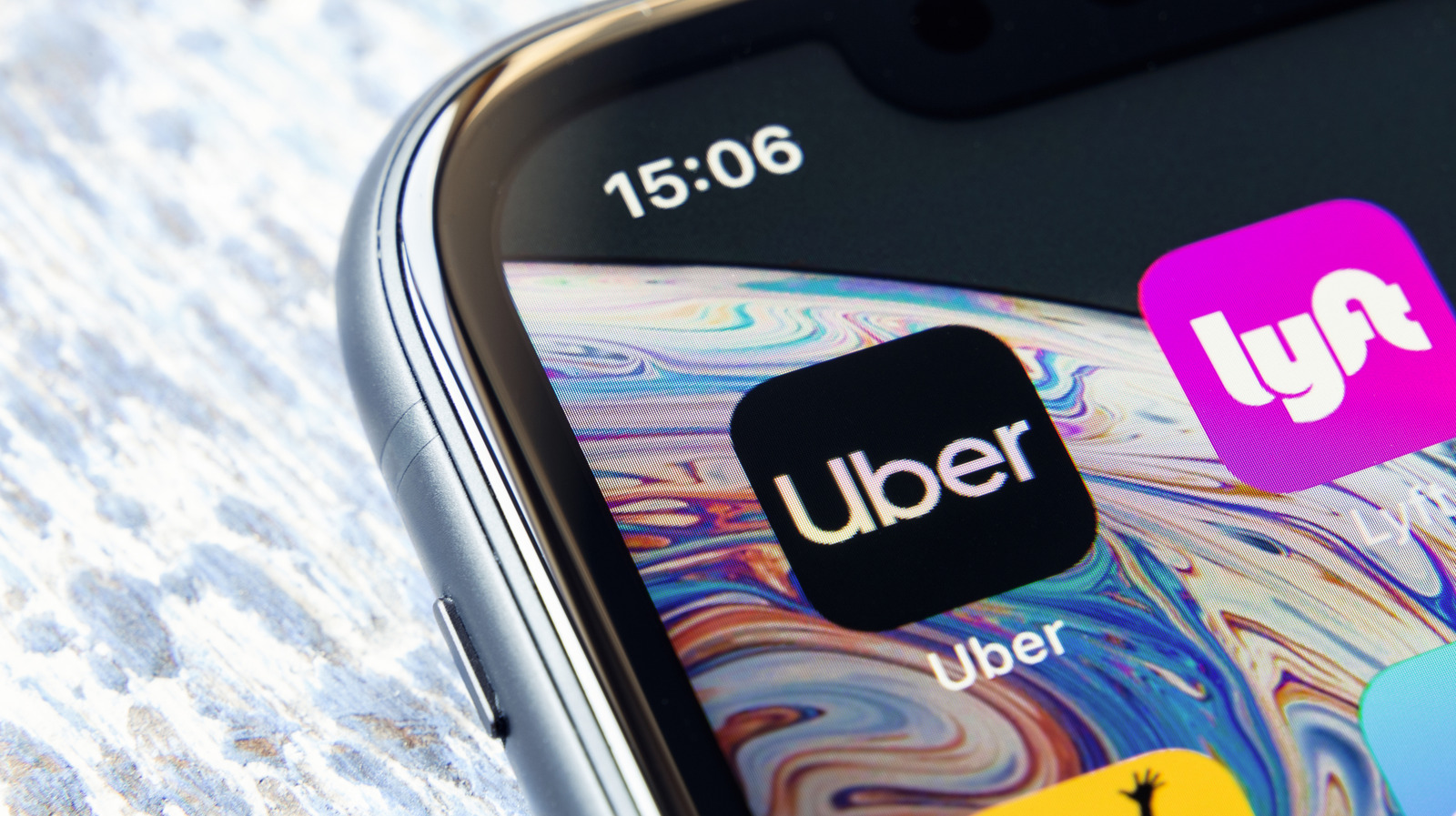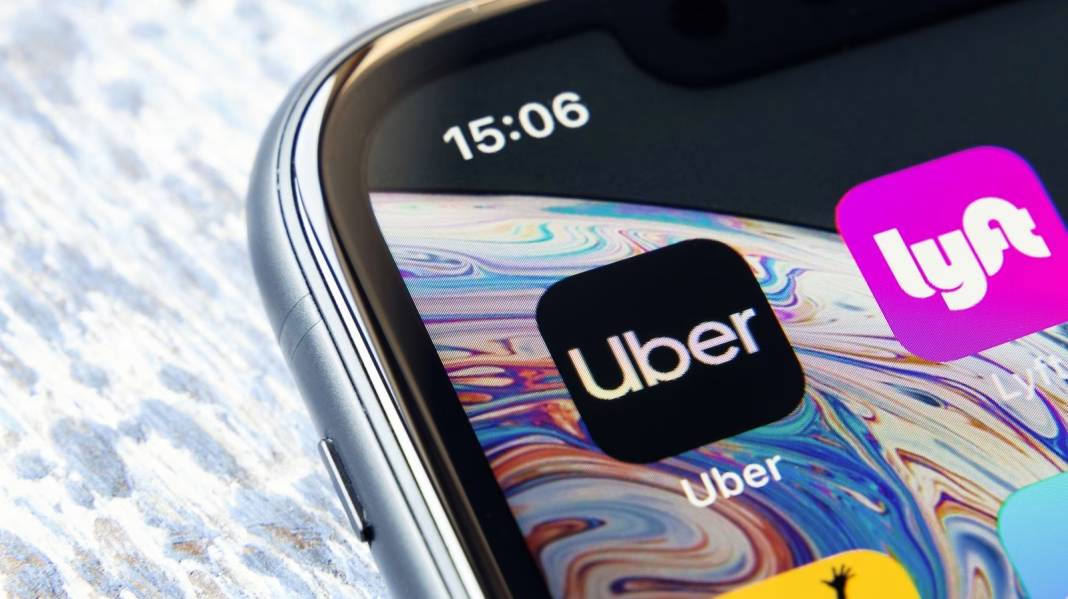Could Ride-Hailing Apps Really Charge You More When Your Phone Battery Is Low?
Imagine you’re standing on a street corner late at night, phone battery hanging by a thread, and you open your favorite ride-hailing app. You need to get home—fast. Now, what if the app knew your battery was about to die and quietly hiked up the price, betting you’d pay anything rather than risk being stranded? Sounds like a plot twist, but it’s a real concern that’s sparked debate among lawmakers and tech watchdogs alike.
Why Would Companies Consider Charging More Based on Battery Level?
It might sound far-fetched, but there’s logic behind it. When your phone’s on the verge of shutting down, you’re less likely to shop around for a better deal or wait for prices to drop. Ride-hailing companies could, in theory, use this data to their advantage, nudging up fares when you’re most desperate. While some companies have denied using battery data for pricing, reports and investigations have shown that apps can access this information, raising eyebrows among privacy advocates.
What’s in the New Bill and Who’s Behind It?
A new bill making its way through the California legislature aims to put a stop to this kind of AI-driven price gouging. The proposal would prohibit ride-hailing services like Uber and Lyft from using your phone’s battery status as a factor in determining how much you pay for a ride. Lawmakers backing the bill argue that consumers deserve transparency and fairness, especially when they’re in vulnerable situations.
State Senator Nancy Skinner, a leading voice on tech accountability, has emphasized that pricing should be based on clear, justifiable factors—like demand and distance—not on personal data that could be exploited. The bill has picked up steam, with consumer rights groups and privacy experts lending their support.
How Do Ride-Hailing Apps Actually Use Your Data?
Most people know that ride-hailing apps track your location and trip history. But fewer realize just how much more they can access. Battery level is just one of many data points apps can read, often with your permission buried deep in the terms of service. According to a 2023 Pew Research Center survey, 79% of Americans are concerned about how companies use their personal data, and nearly half have avoided using a product or service due to privacy worries.
While Uber and Lyft have stated that they don’t currently use battery data to set prices, the technology exists, and there’s little stopping companies from changing their policies in the future—unless laws like this one are put in place.
What Are the Risks of AI-Driven Pricing?
Dynamic pricing, powered by artificial intelligence, is nothing new. Surge pricing during busy hours is a familiar frustration for many riders. But when algorithms start factoring in personal data like battery life, the line between smart business and unfair exploitation gets blurry.
Experts warn that using sensitive data for pricing could disproportionately affect those already at a disadvantage—think late-night workers, students, or anyone without easy access to a charger. It also sets a precedent for other industries to follow suit, potentially leading to a slippery slope of hyper-personalized pricing.
Are There Real-World Examples of This Happening?
While there’s no smoking gun proving that ride-hailing apps have charged more based on battery level, several studies and anecdotal reports have raised suspicions. In 2016, researchers found that Uber’s app could detect when a phone was in low-power mode. Some users have reported seeing higher fares when their battery was low, though the companies attribute these differences to other factors like demand and location.
Regardless, the perception alone is enough to erode trust. And as AI gets smarter, the temptation for companies to squeeze out extra profit using every bit of data grows stronger.
What Can Riders Do to Protect Themselves?
Until stronger regulations are in place, there are a few steps you can take. First, check your app permissions and disable access to battery data if possible. Carry a portable charger to avoid being caught with a dying phone. And if you notice suspicious pricing patterns, document them and report your experience to consumer protection agencies.
It’s also worth supporting organizations and lawmakers pushing for greater transparency in how tech companies use your data. The more noise consumers make, the harder it is for questionable practices to fly under the radar.
Why Does This Bill Matter Beyond Ride-Hailing?
This isn’t just about catching a ride home. The debate over battery-based pricing is part of a bigger conversation about data privacy and AI ethics. As more industries adopt AI-driven pricing models, the rules we set now will shape how fairly—or unfairly—consumers are treated in the future.
The big takeaway? Protecting yourself from AI-powered price gouging isn’t about perfection—it’s about smarter adjustments. Start with one change this week, and you’ll likely spot the difference by month’s end.


